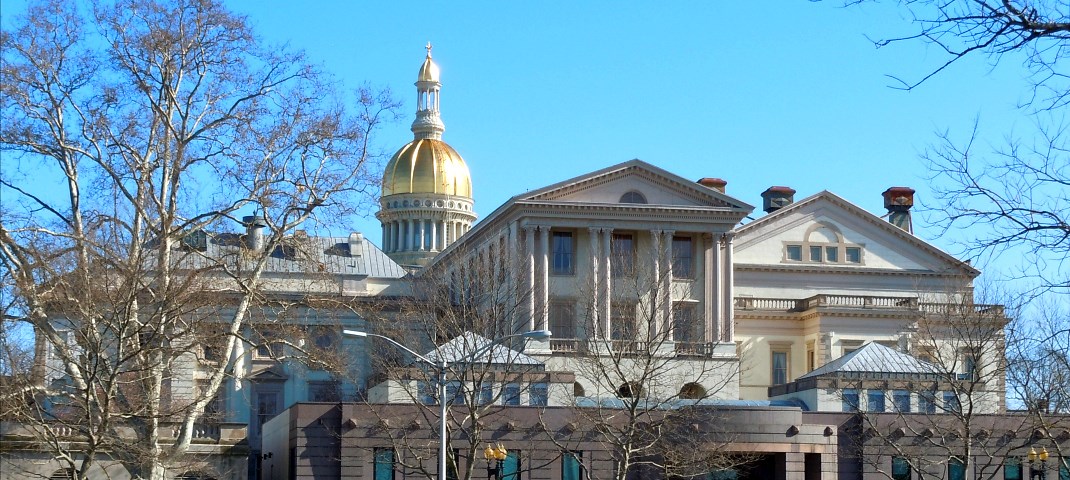The state legislature’s fiscal analysts said a budget surplus of more than $6 billion is at risk of running out in 2029, but Treasurer Elizabeth Muoio told lawmakers that New Jersey’s financial health isn’t so dire.
Thomas Koenig, the budget and finance officer for the nonpartisan Office of Legislative Services, said state spending has exceeded revenue collections since 2024, “a scenario that steadily erodes the state’s relatively elevated reserves.” Revenue growth of 38% during the pandemic has slowed to an estimated 1%, he told the Senate budget committee in Trenton on April 1.
That’s not robust enough to support Governor Phil Murphy’s $58.1 billion proposed spending plan without dipping into the $6.3 billion surplus, which is for use in emergencies and to lessen fiscal risk, he said. In 2028, he said, the surplus would drop to “a couple of hundred million” dollars, and by 2029 it would be exhausted.
Muoio said the administration is aware of looming pressures, including the potential loss of $10 billion in federal Medicaid allocations. State treasury officials crafted the budget with almost $2 billion in overall reductions and included tax increases and consumer spending incentives to boost revenue, she said.
“The budget includes a range of tax policy changes, including tax increases for the highest tier of realty transfer fees, sports betting, alcohol, adult-use marijuana, and cigarettes, as well as a new exemption for small business investment and certain baby supplies,” she said. “While increasing taxes is never an easy decision, these changes, along with reductions in appropriations, help ensure that revenues are more closely in line with expenditures.”
Murphy, in the final months of his second term, will have given his successor a surplus “more than 15 times greater” than the $409 million left when Governor Chris Christie left office, Muoio said.
Oscar Mendez, a revenue and economic policy analyst for the Office of Legislative Services, said his colleagues and the administration are optimistic about revenue through the fiscal year that ends on June 30.
“Fiscal year 2026, however, is more complicated,” he said. “While the broader state economy remains on stable footing, volatility in capital markets, shifting consumer behavior and potential policy shifts could adversely impact revenue collections.”
Senator Paul Sarlo, a Democrat from Wood-Ridge and chairman of the budget committee, said a major concern is the threat of reduced federal spending by Republican lawmakers in Washington, D.C. Trump has charged them with finding billions of dollars in savings in part to provide tax breaks for businesses and cuts for the nation’s wealthiest individuals.
“There is not enough money or surplus in this budget to backfill cuts like [Medicaid] from the federal government,” Sarlo said. New Jersey could lose as much as $10 billion for Medicaid, the health insurance for people of little means. In all, the state and federal governments spend $24 billion on Medicaid.
Senator Declan O’Scanlon, the Republican budget officer from Little Silver, has said that revenues don’t support the spending that Murphy proposed. When Murphy introduced the spending plan in February, O’Scanlon said he himself could easily identify $1 billion in savings.
“There’s things this administration left out to make their budget appear less structurally challenged,” O’Scanlon said at the hearing.








